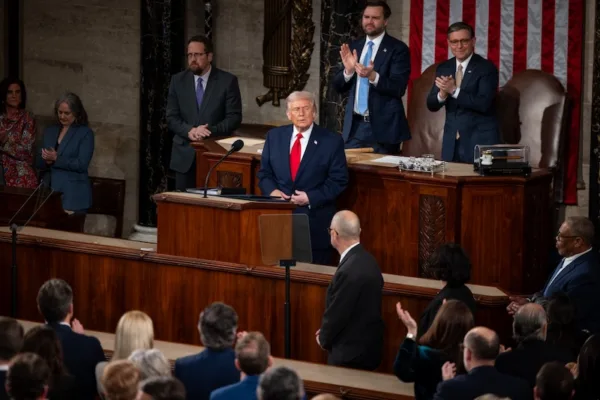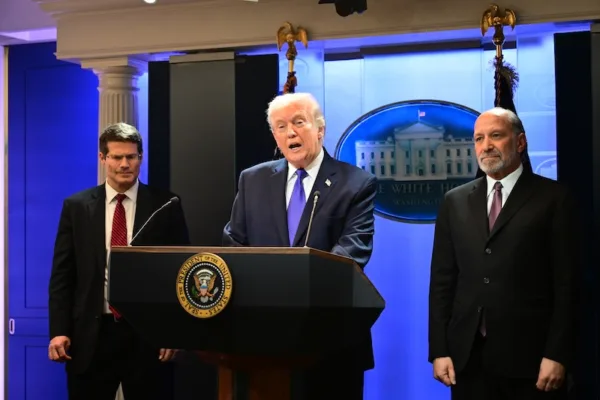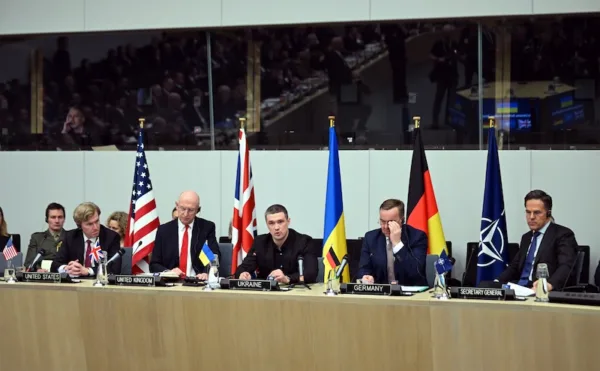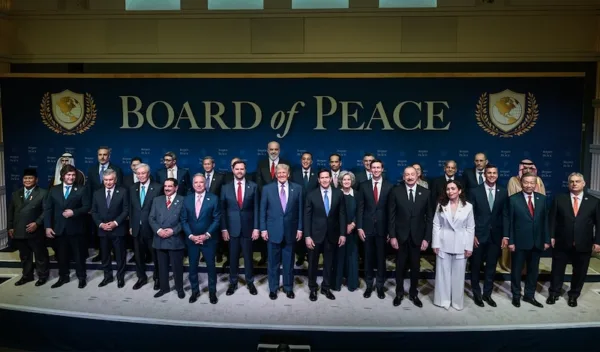U.S. Discovers the World Through the World Cup
In his book “Strategic Vision,” Former National Security Advisor and acclaimed strategist Zbigniew Brzezinski cited the American public’s ignorance of basic global geography and current events as one of the most significant vulnerabilities of the U.S. After naming several different studies that support his claim, Brzezinski argues that this ignorance is increasing the possibility of a foreign policy that is self-destructive in nature, because intelligent foreign policies necessitates intelligent public opinions, which are informed of what is going on in the world.
Brzezinski was not alone in his judgment. Almost everyone writing on the decline of the U.S., including Thomas Friedman, have been stressing on the relative disinterest of Americans to the world and global affairs. It is in fact an old story. There have been videos and movies mocking this relative lack of interest and knowledge about the world.
Now with the World Cup frenzy in the world, and for the first time at this level in the U.S., Americans are one more time discovering the near-universality of soccer and also the feeling of fully participating in “a World Cup” along the other nations. This is different than the “World Series” frenzy in which all of the teams other than a Canadian one are American. It is also a sport that the U.S. team is not playing a final game. But each one of these games was watched more than any other sporting event. There are World Cup parties for different games and each of them attract as much interest and people as American football’s Super Bowl or NBA Finals. Even after the elimination of the U.S. team, many people are watching the games with great excitement. Social media is full of comments by American viewers, journalists and think tankers pretending that they always liked soccer. Even the coverage on U.S. televisions of the World Cup is a little different. For example, there was an injury analyst after the Brazil and Columbia game commenting on the injury of Neymar. The U.S. soccer now even has its own hero, goalkeeper Tim Howard.
Of course observers of U.S. politics and society are trying to understand this sudden incursion of soccer into American life. The sport shops are trying to catch up with the demand for soccer related products. There is an increasing number of people wearing jerseys of their favorite soccer team or soccer player. This sudden interest in soccer and the World Cup is actually taking place at the juncture of important fault lines of American politics and society. On the one hand, some in the U.S. already considered this new wave of interest in soccer as an assault on American values, culture and lifestyle. Ann Coulter in a very controversial piece called soccer foreign, boring and not individualistic enough. For Coulter, the fact that soccer players cannot use their hands and that there are so many scoreless ties is very problematic. On the other hand, interest in soccer has grown when there is an increasing wave of isolationism in U.S. foreign policy and “fatigue” over not only military involvement but also from the world.
The stated ignorance that Brzezinski and others mentioned so many times overlaps with this new wave of interest to the World Cup. It is not clear whether the World Cup can change these two different forms of resistance to U.S. involvement in the world, but the still growing number of soccer fans in U.S. can be a step toward the globalization of American youth, which will create a more globally sensitive, responsive and responsible generation of Americans. It may also show to this generation that the integration of Americans to the world is more necessary than many people think in this new international system. If Brzezinski’s inference is correct, this new generation of more globalized Americans can pave the way for a more intelligent U.S. foreign policy. Peter Beinhart in his response to Coulter makes this point by highlighting things that Americans can learn: “But it’s a healthy response to a world that America is both less able to withdraw from, and less able to dominate, than it was in the past. In embracing soccer, Americans are learning to take something we neither invented nor control, and nonetheless make it our own. It’s a skill we’re going to need in the years to come.”
This article was originally published in Daily Sabah on July 10, 2014.




















